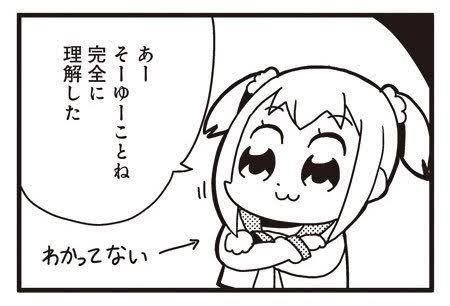
My Japanese learning journey
Why am I learning Japanese?
Japanese media has been an interest of mine since I was 13. Starting with an interest in anime, that spiralled into liking JRock, Vkei, tokusatsu and especially mecha. While I like a lot of other things, this is a specific area where my monolingual status actively hampers my enjoyment. The only other equivalent situation is tea where an understanding of Mandarin would be useful, but that's way too niche to learn an entire language for. So instead I struggle on with Japanese...
My current skill level
Currently, I'd describe myself as around N4. I've mastered basic grammar, and I'm currently working through Genki II. It's a difficult spot to be in; there's a plethora of content for the absolute beginner, but what about the person who's not good enough to be intermediate? That's the wall I'm hitting right now, but I refuse to give up.
How long it took to get here
It probably took longer than it should have to get to this point, but it's hard to control what life throws at you. I've been unseriously studying since I was 18-19, and REALLY studying for about a year or two. Other people have probably made it further in a shorter time period, but unfortunately for me I was raised monolingual and my brain just isn't cut out for what I'm trying to train it to do. I don't anticipate ever becoming actually fluent, but that's not really my goal. I'd just like to be able to understand Japanese media without needing subs, and hopefully read books with minimal difficulty. Still lofty goals, but I think they're achievable?
The resources I've used
I've used a LOT of different stuff and I thought it might be nice to review all of it in case you're thinking about studying Japanese. I have found that it's basically necessary to shell out some money, but that's true for getting serious about anything.
- Duolingo: Don't even bother. Duolingo is fine for languages similar to English such as German, but for something like Japanese it completely fails. The system for learning Kanji is garbage, and it's just too hard to learn Japanese in a system that tries to be an all-in-one like this. If anything, just use it as practice for what you've learned elsewhere.
- JF Japanese e-learning Minato: I highly recommend this! Minato is a free website that lets you sign up for programmes tailored to a specific level of comprehension. I did about 6 of them and that really helped me solidify my most basic grammar and vocabulary. Perfect if Genki I is too expensive for you.
- Tofugu's hiragana and katakana tutorials: Literally essential. I never would have managed to learn kana without these articles. They give you the foundation you need to actually start learning and reinforcing your reading ability.
- Wanikani: Another essential, but unfortunately not free. I had absolutely no ability to remember kanji before Wanikani. Its style of teaching radicals first and providing mnemonics means I was able to read similar kanji without getting confused, and it teaches kanji compounds that reinforce the readings you know. The hardest thing about kanji (besides just learning to read them) is the different kunyomi and onyomi readings, but Wanikani has helped me understand when the different readings are used, so that if I see a new kanji compound made of kanji I know, I can usually read it correctly. (Except for anything that includes 人. I feel like the language is just freestyling with that one.)
- Genki II: Genki isn't ideal for self study. Every chapter has a huge amount dedicated to group activities, which I basically have to just skip. Instead, I got the study workbook which I use as a replacement for the grop activities. It's good for approaching N4 and learning more complex grammar, but don't expect it to teach you vocabulary and kanji. The best it does is provides you with a list of new vocab at the start of each chapter, as if anybody is going to rote-learning memorise it. No way, just learn them separately and jisho.org anything you don't know.
- Satori Reader: Another paid app/website, but really great in my opinion. Satori provides voiced and written stories which contain elaborations whenever there's a weird or new grammar point. It also has wanikani integration, so you can show furigana only for kanji you don't know.
There's some stuff I've used outside these (Easy NHK, Tadoku) but they're more for reading practice than actually learning. I hope if you're also learning Japanese then some of this is useful for you. My personal piece of advice is that if you're even a little bit serious, you have to spend some money.
